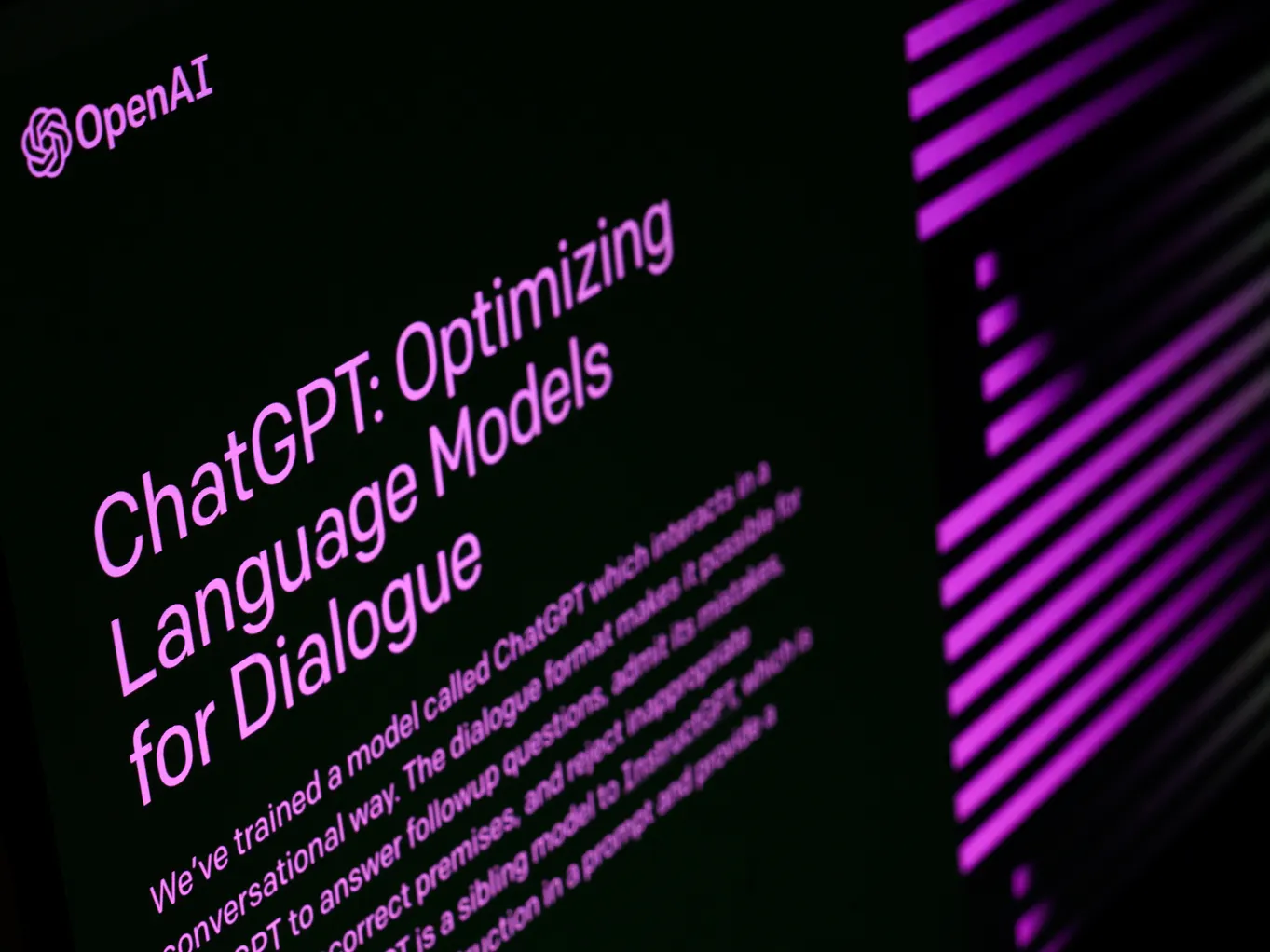Days after releasing a powerful image- and text-understanding AI model, GPT-4 to a limited public, Open AI has implemented plug-ins in its chatbot, ChatGPT. The plug-ins will help give ChatGPT access to present-day information, and enable users to book travel, buy groceries, do computations, and more.
According to OpenAI’s announcement, this update is in response to the demand of its current users. It invited plug-in developers off its waitlist to use its documentation to build a plugin for ChatGPT. These first plug-ins were created by 12 companies; Expedia, FiscalNote, Instacart, KAYAK, Klarna, Milo, OpenTable, Shopify, Slack, Speak, Wolfram, and Zapier.
Expedia helps travellers plan and enjoy their trips by finding the best deals on flights and accommodations to discovering the best things to see and do at their destination. Meanwhile, FiscalNote provides access to real-time data sets for legal and political reasons, as well as regulatory data and information, allowing users to stay up-to-date on the latest developments in their field.
Instacart, on the other hand, is an e-commerce technology that enables online shopping from local grocery stores, while KAYAK helps users find cost-effective flights, accommodations, rental cars, and tourist destinations within their preferred budget. Klarna Shopping allows users to search and compare prices from thousands of online shops, while Milo Family AI empowers parents to manage their time and family activities.
OpenTable provides restaurant recommendations and enables users to book tables, while Shopify allows users to search for millions of products from popular brands. Speak is an AI-powered language tutor that uses the latest technology to help users master a new language, and Wolfram provides users with access to computation, math, curated knowledge, and real-time data.
Finally, Zapier is a workflow automation tool that allows users to interact with over 5,000 apps like Google Sheets, Trello, Gmail, HubSpot, and Salesforce, making it easier than ever to streamline their workflow and increase productivity.
Open AI is also hosting two plug-ins; a web browser and a code interpreter. Any developer can also self-host a knowledge base retrieval plug-in, as Open AI has open-sourced the code. This way, developers can augment ChatGPT.
Much like GPT-4, alpha access to these plug-ins is only available to a small set of developers and ChatGPT Plus users, and will be gradually rolled out to more users in the future.





















